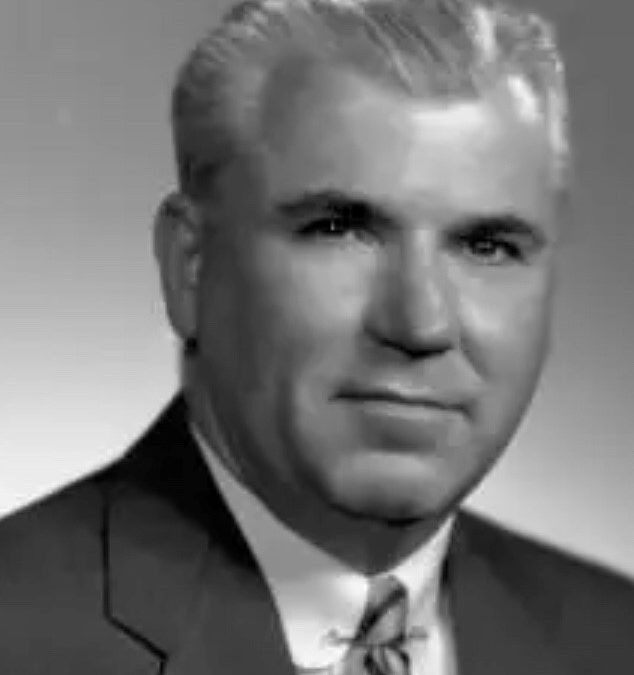The very first Veterans Day parade in the entire country happened right here in Birmingham. That’s remarkable, I know, but so is the story behind this accomplishment.
It happened on November 11, 1947, thanks to a man named Raymond Weeks.
Weeks was a Navy veteran from World War II. He also was a graduate of Ensley High School and Birmingham-Southern College. And, to this day, he’s an example of what’s possible when you follow your passion in pursuit of a worthy cause.
There was already a holiday on November 11 honoring World War I veterans; it was called Armistice Day. But Weeks wanted to find a way to honor and celebrate ALL veterans. After all, World War II had involved the greatest mobilization of soldiers, sailors, marines and airmen in our country’s history. There were many more people to honor.
Many people, I am sure, thought that Armistice Day was perfectly honorable. Why change it? But Weeks, with his larger, more encompassing vision, thought, why not change it? He had a dream—an honorable and unwavering dream—to make the celebration bigger and better, and he was fully capable of the hard work and tenacity needed to achieve that dream.
So, he set out to expand Armistice Day. He led a delegation to Washington, D.C. to urge then-Army Chief of Staff General Dwight Eisenhower to create a national holiday that honored ALL veterans. With Eisenhower’s blessing, plans were made for the first Veterans Day parade, held on November 11, 1947, in Birmingham.
In 1954, President Eisenhower signed legislation establishing November 11th as Veterans Day. According to the National Veterans Day website, President Ronald Reagan, in 1982, awarded Weeks with the Presidential Citizenship Medal, honoring him as the “driving force for the national holiday.”
Weeks led the first National Veterans Day Parade in 1947, right here in Birmingham, and he continued to do so until his passing in 1985.
With Raymond Weeks in mind—along with all the brave men and women who have fought for our country and the freedoms we hold so dear, some making the ultimate sacrifice—I challenge all of us to work toward something bigger than ourselves. What are you passionate about? Where is there a need for change? In your community, your office, your place of worship, the world?
I encourage you to find a worthy cause and work to make it better and bigger and more impactful. I have a friend who has served on several nonprofit boards and even, as a volunteer, on her city’s government. Her goal in every instance, she says, has always been to make a positive and lasting difference, “to simply, in some way large or small, leave it better than I found it.”
Ask yourself: “How can I make an impact?” “How can I make things better?” There are so many opportunities—if you look for them. Somehow, some way, each and every one of us can make our world a better place. Raymond Weeks did. So can you.

Recent Comments